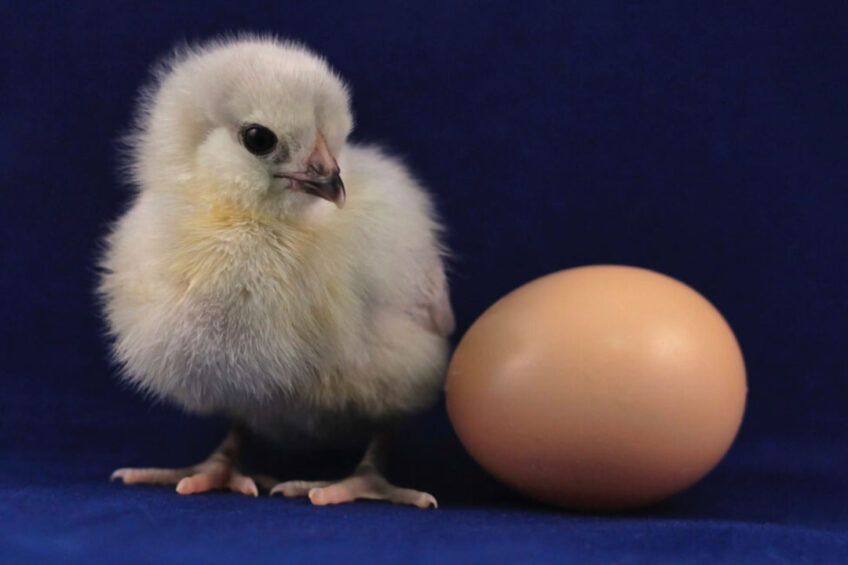Gene-edited hens may end the culling of day-old male chicks

Researchers from Israel believe they can end the controversial culling of a superfluous 7 billion day-old male chicks through gene-edited hens that lay eggs from which only female birds hatch.
A team from the Israeli Agricultural Research Organisation, Volcani Centre, has used gene editing to develop hens that only give birth to females. This comes following 7 years of research with Huminn, the American Israeli firm specialising in commercially viable sustainable food production.
The technology involves genetically modifying egg-laying hens so that, when carrying male embryos, those do not progress and hatch.
Yuval Cinnamon, a Volcani Centre embryologist, told the BBC: “I am very happy that we have developed a system that I think can truly revolutionise the industry, first of all for the benefit of the chickens but also for all of us, because this is an issue that affects every person on the planet.”
Exposure to blue light
Cinnamon said scientists had gene-edited DNA into the hens that can stop the development of any male embryos in the eggs they lay. The DNA is activated when the eggs are exposed to blue light for several hours. Female chick embryos are unaffected by blue light and develop normally. The chicks have no additional genetic material inside them, nor do the eggs they lay.
While the research has not been peer-reviewed due to plans to license the technology, it has been seen by British-based animal welfare charity Compassion in World Farming (CIWF). Chief policy advisor, Peter Stevenson, said the breakthrough could be a “really important development” for animal welfare.
“An exceptional case” of gene editing
“Normally, I am very wary of using gene editing of farm animals. But this is an exceptional case, and my colleagues at CIWF and I support it. The next important step is to see whether the hen and the female chicks she produces, who will lay eggs for human consumption, can go through a commercial lifespan without any unexpected welfare issues arising.”
The practice of male chick culling has been banned in some European countries. Germany prohibited the method earlier this year, and French farmers have until 1 January 2023 to comply with new restrictions. At a meeting in October, EU agriculture ministers said they would consider a bloc-wide ban on culling male chicks from egg-laying hens, pending the results of an impact assessment.












